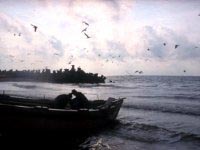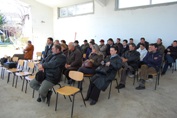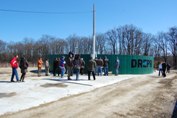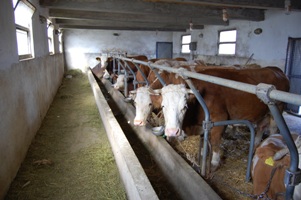DREPR Project and Woman on Farms
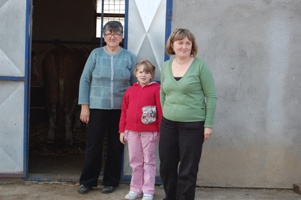
Gender issue is important part of DREPR Project, particularly in raising awareness among general population about woman and their role in agriculture business. Biljana Obradovic farm is good, but still rare example in Serbia, how farm work can be done well by woman. She and her family participated for DREPR Project and received equipment for appropriate handling and spreading manure. According to their words, this decision dramatically changed and improved their everyday life and farm business.
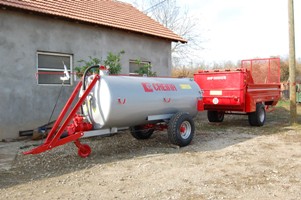
Unpolluted Danube Water - Clear Vision For Our Future
The Danube River Enterprise Pollution Reduction (DREPR) Project was designed in accordance with the Republic of Serbia Government ’s efforts to reduce and effectively manage their hazardous waste effluent by realigning its Waste and Water Management in accordance to the EU Water Framework Directive. DREPR aims to increase the prevalence of environmentally friendly practices among polluting enterprises in the Danube Basin of the Republic of Serbia. The Project targets nutrient pollution from livestock farms, notably pig and cattle farms, as well as nutrient discharging industries.
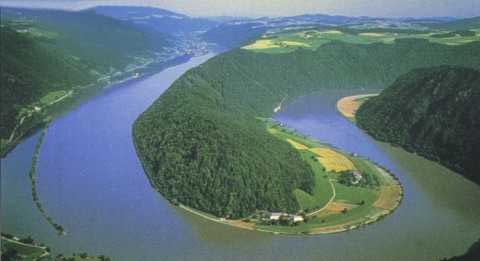
As the Danube is joined by a number of tributaries in Serbia , phosphates and nitrates quickly travel and build up in areas along the River, posing widespread environmental problems and health risks to adjacent communities. The National Review on SAM identified wastewaters from industrial enterprises, notably fertilizers and agro-processors as the largest source of nitrates and phosphates in SAM’s Danube Watershed. Run off from large pig farms is a major contributor to nutrient loads from SAM into the Danube and its tributaries. The Project has three main components: Regulatory Reform and Capacity Building , Investment in Nutrient Reduction, and Awareness Raising and Replicability Strategy.
